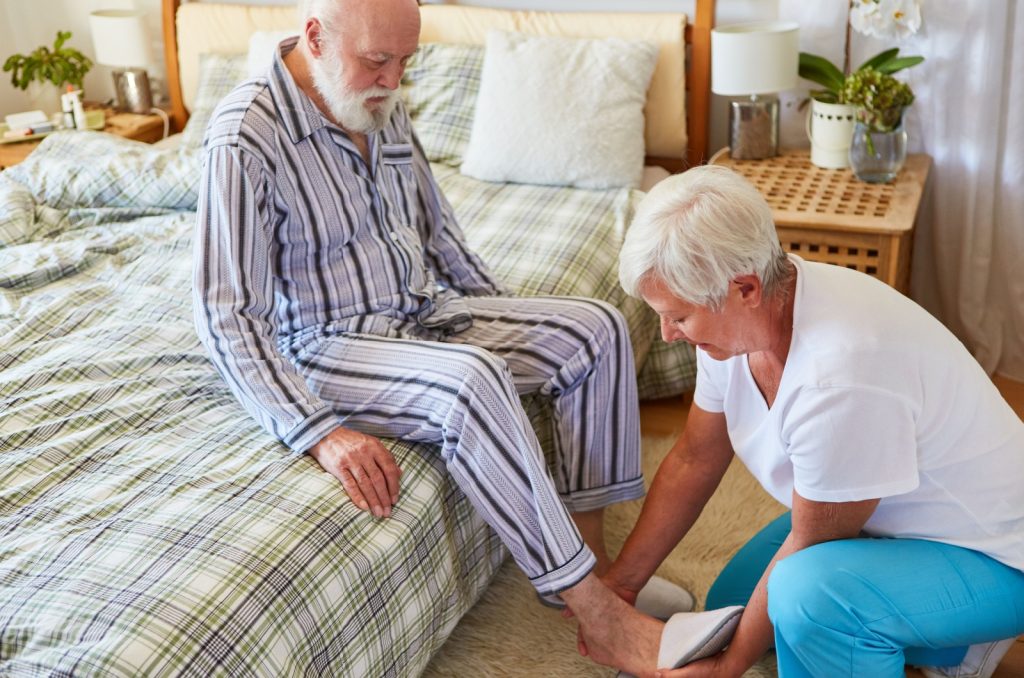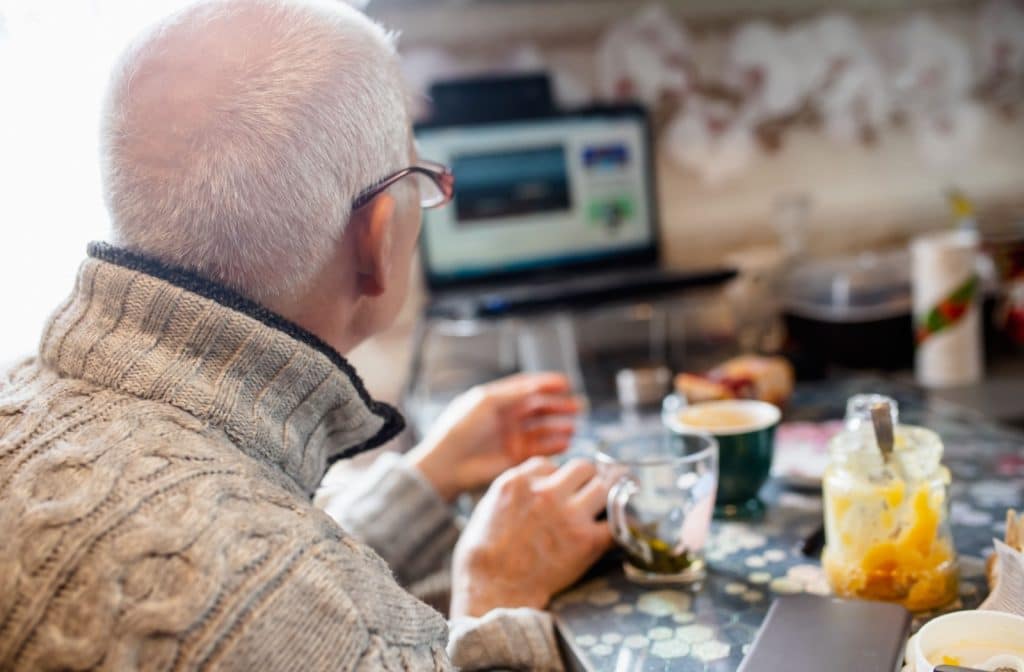Best Cell Phones For Seniors With Dementia

At Dogwood Forest of Grayson, we understand how important it is for seniors with dementia to stay connected with their loved ones. A cell phone can help facilitate that connection, but it also comes with its own set of challenges. From confusion over how to use it to missed calls and even potential scams, the choice of cell phone can have a significant impact on your loved one’s daily life.
When Assisted Living Is Not Enough, What Options Are There?

Caring for a loved one who is unable to care for themselves is one of life’s most important responsibilities. That’s why the decision to move a loved one into assisted living is often made with the best of intentions. Assisted living can provide a wonderful solution for many seniors who need help with daily activities, […]
A Day in the Life at a Memory Care Community

Every day in a memory care community is designed to feel like a mix of comfort, purpose, and joy. It’s about waking up to familiar routines, shared smiles, and a sense of belonging that makes each day feel meaningful.
From savoring breakfast in good company to diving into activities like music therapy, gardening, or creative arts, residents find moments that spark happiness and connection.
There’s also room for quiet reflection—sitting in the sun, enjoying a favorite book, or chatting with a caregiver who knows how to make someone laugh.
Memory Care Move-in Checklist

Moving a loved one into a memory care community involves a lot of planning, but having a clear checklist can make the process much smoother.
From gathering essential documents to making the space feel like home, careful preparation ensures that your loved one’s transition is as comfortable and stress-free as possible. Here’s a helpful checklist to guide you through every step of the process:
Is Alzheimer’s a Disability?

Alzheimer’s disease is the most common type of dementia that affects cognitive abilities. Because it’s a progressive disease, symptoms of Alzheimer’s can become severe enough that they interfere with daily life and require specialized care.
How Much Physical Activity Do Older Adults Need?

Routine physical activity isn’t just beneficial for older adults; in fact, it’s necessary for everyone. Exercise helps improve mental, physical, and emotional well-being, reducing the risk of developing chronic illness, falls, and injuries while promoting better sleep and mood.
11 Signs it Might Be Time For Assisted Living

Navigating the decision to transition a loved one to assisted living can be challenging for adult children. However, it’s crucial to balance the emotional and practical aspects of your loved one’s quality of life while also ensuring their well-being. Assisted living often does just this.
Can A Person With Alzheimer’s Sign a Power of Attorney?

When a loved one is diagnosed with Alzheimer’s, understanding the legal aspects of their care can be empowering.
One important document that often comes into play is a power of attorney (POA). But can someone with Alzheimer’s sign a POA? The answer is yes, as long as they are still mentally competent when signing. Understanding how a POA works, how to determine mental competence, and what alternatives exist can help ensure that your loved one’s wishes are respected, giving you a sense of control in what can be a challenging situation.
Can Someone with Dementia Sign Legal Documents?

Dementia is a condition that causes progressive cognitive decline. It goes without saying that dementia poses challenges both to those who live with it as well as to their loved ones and families. One potentially tricky issue lies in the legal world—that is, when and how long can a person living with dementia sign legal documents?
Can a Person with Dementia Live Alone?

Dementia is a term used to refer to the loss of memory and thinking abilities. Many Americans will experience dementia as they age. But does a dementia diagnosis mean that you can no longer live alone? While it is possible to live alone with dementia, especially in the early stages of dementia, it is important to understand the safe, secure, and stress-free memory care options available for your loved one.
